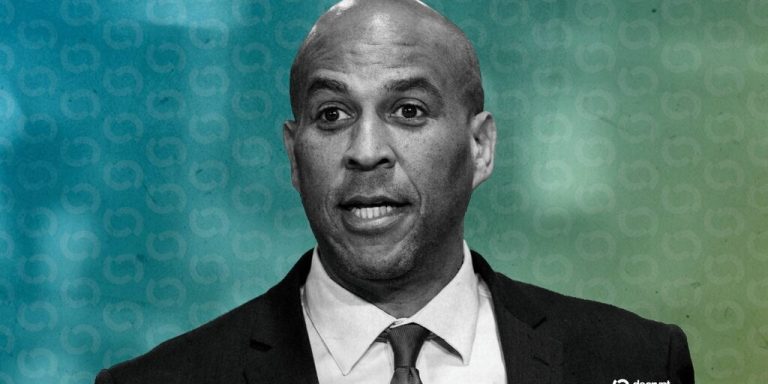
Understanding the Essence of Reflection

Distinguishing Between Introspection and Reflection
Introspection often involves looking inward to examine one’s own thoughts and feelings, but reflection goes a step further by incorporating the lessons learned from those thoughts and experiences. Reflection allows us to engage with our experiences, transforming them into a source of learning.
The Role of Reflection in Self-Awareness
Self-awareness is crucial for personal development, and reflection is a key tool in achieving it. By reflecting on our actions and their outcomes, we can gain deeper insights into our own behavior and motivations, leading to greater self-understanding.
How Reflection Aids in Emotional Intelligence
Emotional intelligence is enhanced through the practice of reflection. It involves critically analyzing our emotional responses and the situations that trigger them. This process helps in managing emotions more effectively, fostering better relationships, and achieving personal and professional growth.
Practical Techniques for Effective Reflection

Journaling as a Tool for Reflective Practice
Journaling is not just a diary entry but a profound method to enhance self-awareness and personal growth. By regularly writing down thoughts, feelings, and experiences, individuals can track their emotional responses and identify patterns over time. This practice offers a structured way to reflect on daily interactions and decisions, fostering a deeper understanding of oneself.
Mindfulness and Meditation
Engaging in mindfulness and meditation can significantly boost one’s reflective abilities. These practices help in focusing the mind and calming the senses, allowing for a clearer perspective on one’s thoughts and actions. Regular mindfulness sessions contribute to increased mental clarity, making it easier to reflect on various aspects of life.
Seeking Feedback: The External Mirror
Feedback from others serves as an invaluable external mirror that reflects aspects of ourselves we might overlook. Whether it’s from peers, mentors, or family, embracing constructive criticism is crucial for personal development. This feedback provides insights into how others perceive us, which can be pivotal in understanding and improving our behavior and interactions.
Challenges and Solutions in Reflective Practice

Overcoming Resistance to Self-Reflection
Many individuals face resistance to self-reflection due to discomfort with confronting their own shortcomings or a busy lifestyle that doesn’t prioritize introspection. To combat this, setting aside dedicated time for reflection and starting with small, manageable sessions can help ease into a reflective routine.
Dealing with Uncomfortable Insights
When reflection leads to uncomfortable insights about oneself, it’s crucial to approach these revelations with a mindset of growth and acceptance. Structuring reflection sessions with a focus on solutions rather than problems can make this process more palatable and ultimately more rewarding.
Sustaining a Long-Term Reflective Habit
Maintaining a long-term reflective practice requires consistency and motivation. Establishing a regular schedule, perhaps integrating reflective practices into daily routines like morning or evening rituals, can help sustain this habit. Additionally, tracking progress and setting specific goals can provide motivation and a sense of achievement over time.
The Impact of Reflection on Personal Development

Reflective practice is not just a method; it’s a powerful catalyst that propels individuals towards substantial personal growth and transformation. By regularly taking the time to reflect, people can uncover deeper insights about their behaviors, motivations, and responses, which are crucial for personal development.
Reflection as a Catalyst for Growth
The process of reflection allows individuals to pause and consider their experiences at a deeper level, fostering a greater understanding of themselves and their interactions with the world. This understanding is essential for personal growth, as it helps individuals to make more informed decisions and develop a stronger sense of self.
The Transformative Power of Regular Reflection
Engaging in regular reflection can lead to significant changes in how one perceives challenges and opportunities. Over time, this practice can transform one’s approach to life, making it more intentional and focused. Regular reflection turns everyday experiences into profound learning opportunities, ensuring continuous personal development.
Case Studies: Success Stories of Reflective Practice
Numerous success stories highlight the benefits of reflective practice. Individuals from various backgrounds have used reflection to navigate through personal challenges, enhance their careers, and improve their relationships. These stories serve as a testament to the transformative power of reflection in achieving personal fulfillment and success.
Conclusion
In the journey of personal growth, reflection stands as a powerful tool, transcending mere introspection to foster deeper understanding and actionable change. By regularly engaging in reflective practices, we not only gain insights into our thoughts and behaviors but also set the stage for meaningful transformations. Whether through journaling, meditation, or thoughtful conversations, embracing reflection can lead to a more fulfilled and purpose-driven life. Let’s continue to look inward, not just to see, but to understand and evolve.






